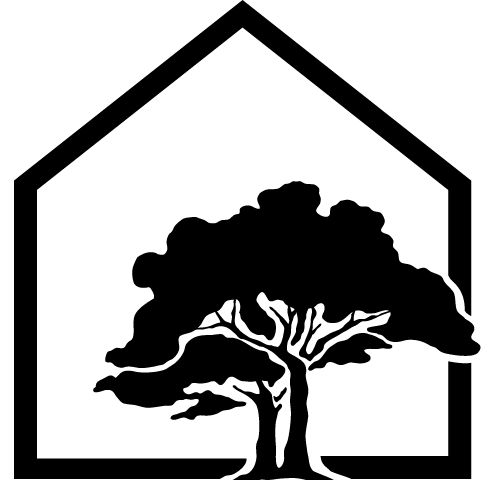For Immediate Release
SEATTLE, Washington (August 25, 2022) – Amidst humanity’s magnified sensitivity to the pitfalls of social isolation, cohousing residential projects are gaining momentum as an answer to postmodern loneliness. Located between Marysville and Lake Stevens, a new kind of intentional community is making progress: Sunnyside Village Cohousing. Green Canopy NODE is proud to join architecture firm Schemata Workshop to help Sunnyside Village Cohousing develop the 4.75 acre project.
“Loneliness can be the result of the built environment” explains Grace Kim, Principal Architect at Schemata Workshop. “It is intentionality that sets cohousing apart from other types of housing models,” she adds. Sunnyside Village spaces are curated to foster neighbors’ easy interactions outside private homes, bringing people together through collaboration and the love of nature.
More than just a home, Sunnyside Village will be a community for life. The project has 32 independent cottages – ranging from 1,000 to 1,200 square feet - and 64 centralized parking spaces to avoid car congestion disrupting the harmony with nature. The shared areas comprise a 3,350sf common house with home office spaces, a kids’ room, and a kitchen, to name a few. The community’s hallmark is the vastness of outdoor green spaces – community garden, orchard, and berry patch - to facilitate meaningful connection and build social capital. The harvested organic produce is expected to contribute to the three weekly community meals that residents will prepare and share together.
While Sunnyside Village Cohousing is currently in the pre-development phase, future residents already share their excitement about living there, as an “antidote to the isolation of modern life” and for its powerful “sense of transitioning, to a different place, at a different pace.” This intentional community expects to transcend traditional cohousing and make decisions together aligned through their shared love for the natural environment.
Similarly, the ethos of green building is the baseline for bringing Schemata Workshop, Sunnyside Village Cohousing, and Green Canopy NODE together – to make better decisions for the community and the planet. Green Canopy NODE is bringing its consulting expertise to the project, contributing to the conceptual design, risk analysis, and, most importantly, helping the community achieve its goals.
Ultimately, cohousing is about finding a more connected way of living – people with people and people with the planet. Green Canopy NODE shares this mission to help regenerate communities and environments. The company offers its development services in support of purposeful developer clients of multi-unit residential projects at any stage – pre-development, architecture, construction management, and consulting.
###
About Green Canopy NODE: Green Canopy NODE is a mission-driven construction technology, real estate development, and fund management company. Over its history, it has sought to embrace the innovation required to change the current paradigm of housing development and deliver on its commitment to help regenerate communities and environments. The company works with its clients and investors to develop high-performing, deep green, all-electric, and healthy housing. Green Canopy NODE is also an experienced fund manager. The firm has successfully managed four real estate funds for a total of $70+ million AUM, and over 200 investor accounts. Financial and impact returns have been aligned to investor expectations.
About Schemata Workshop: Schemata Workshop is an architecture and urban design practice that empowers people and their communities. The firm designs with integrity, believing in honest, expressive use of materials, and always preferring local sources and production. The team approaches each project with a design philosophy geared towards creating environmentally, economically, and socially sustainable architecture that enhances the resiliency of communities.
About Sunnyside Village Cohousing: Sunnyside Village is a cohousing community with a strong focus on its organic garden. Residents will live in 32 (1000-1200 sf) cottages and share ownership in a (3000 sf) Common House for community activities and some shared meals. Members own their home and the lot it is built on. As a forming community, their mission is to create a cohousing community of diverse people who share vision and values – solidarity, sustainability, and democracy.
For more information, please contact:
Susan Fairchild
Chief Marketing Officer
susan@greencanopynode.com






